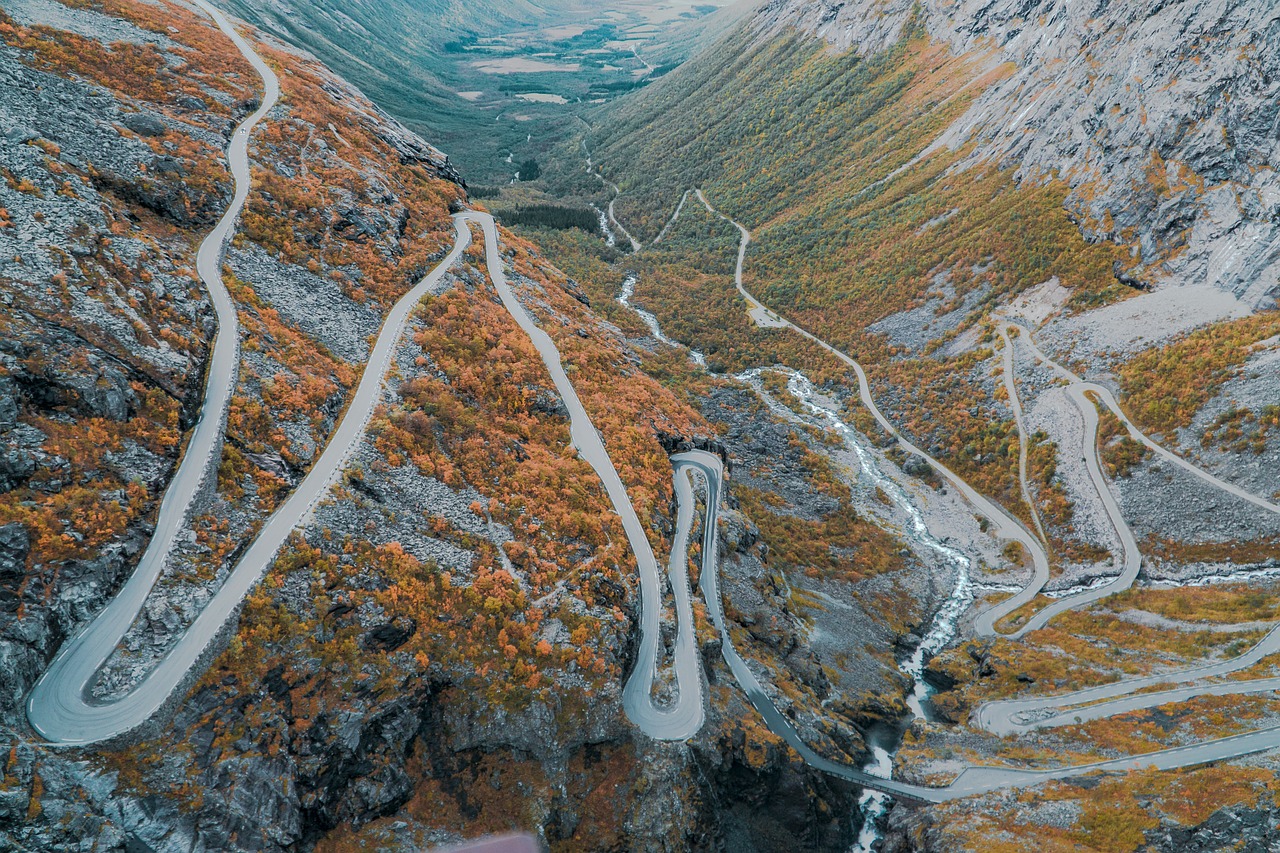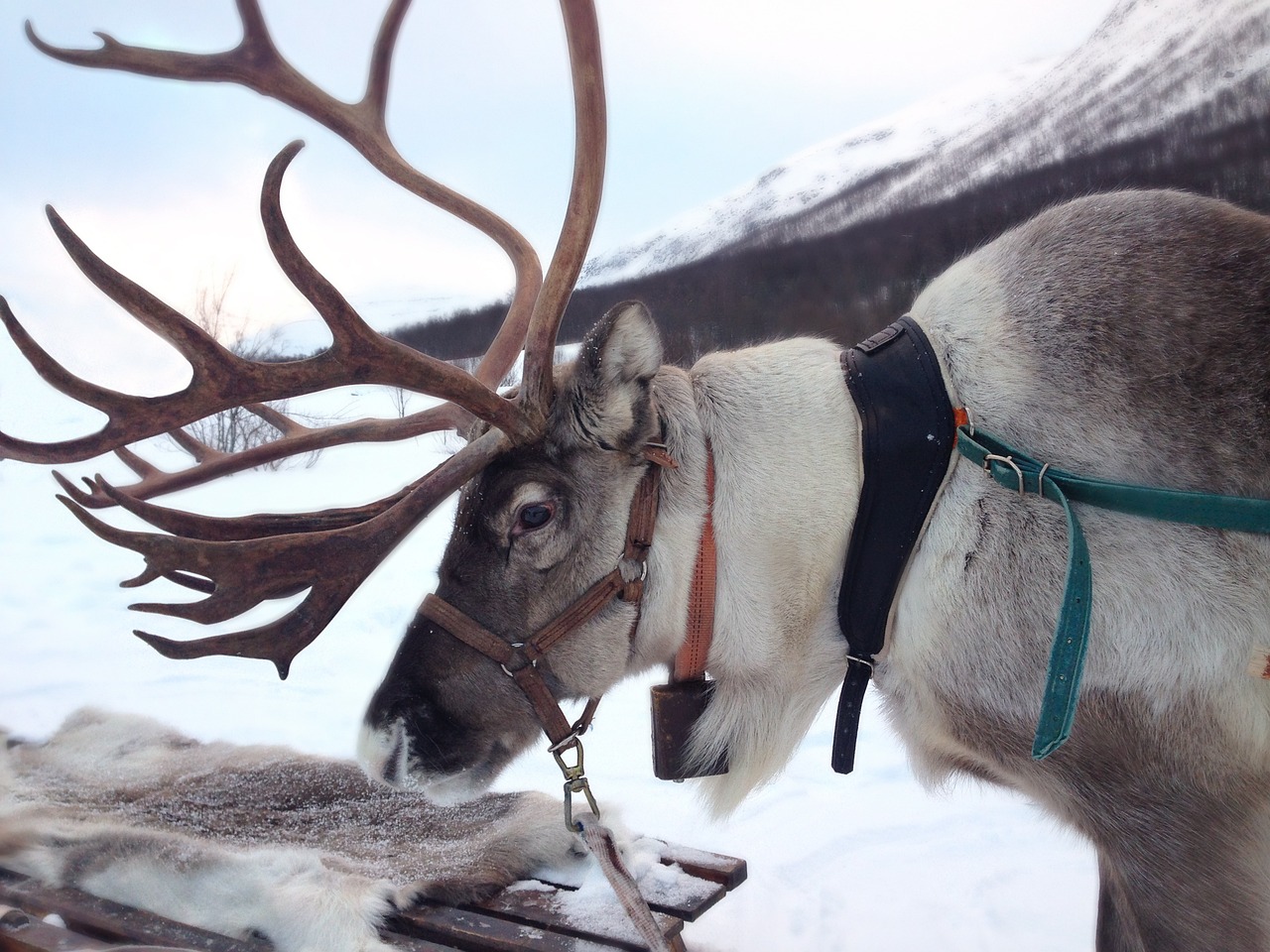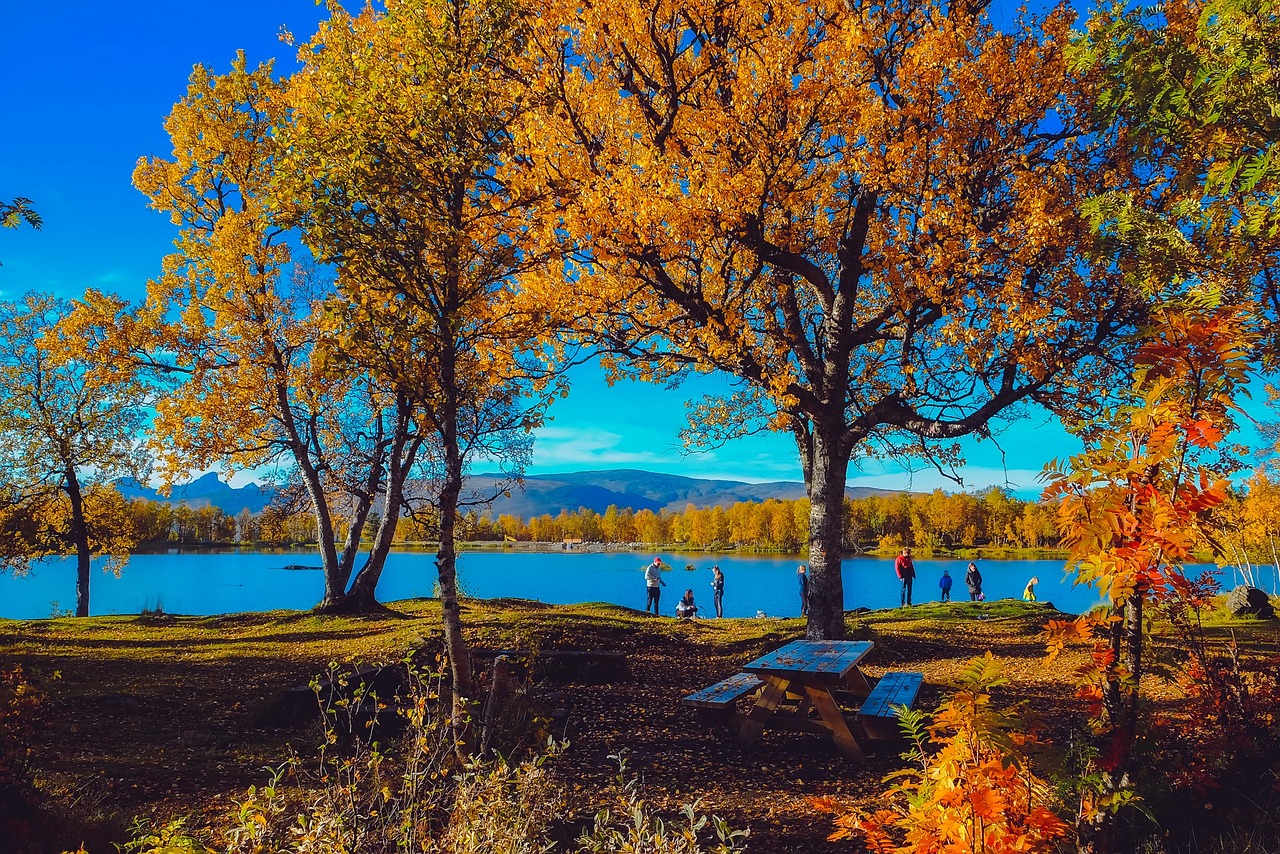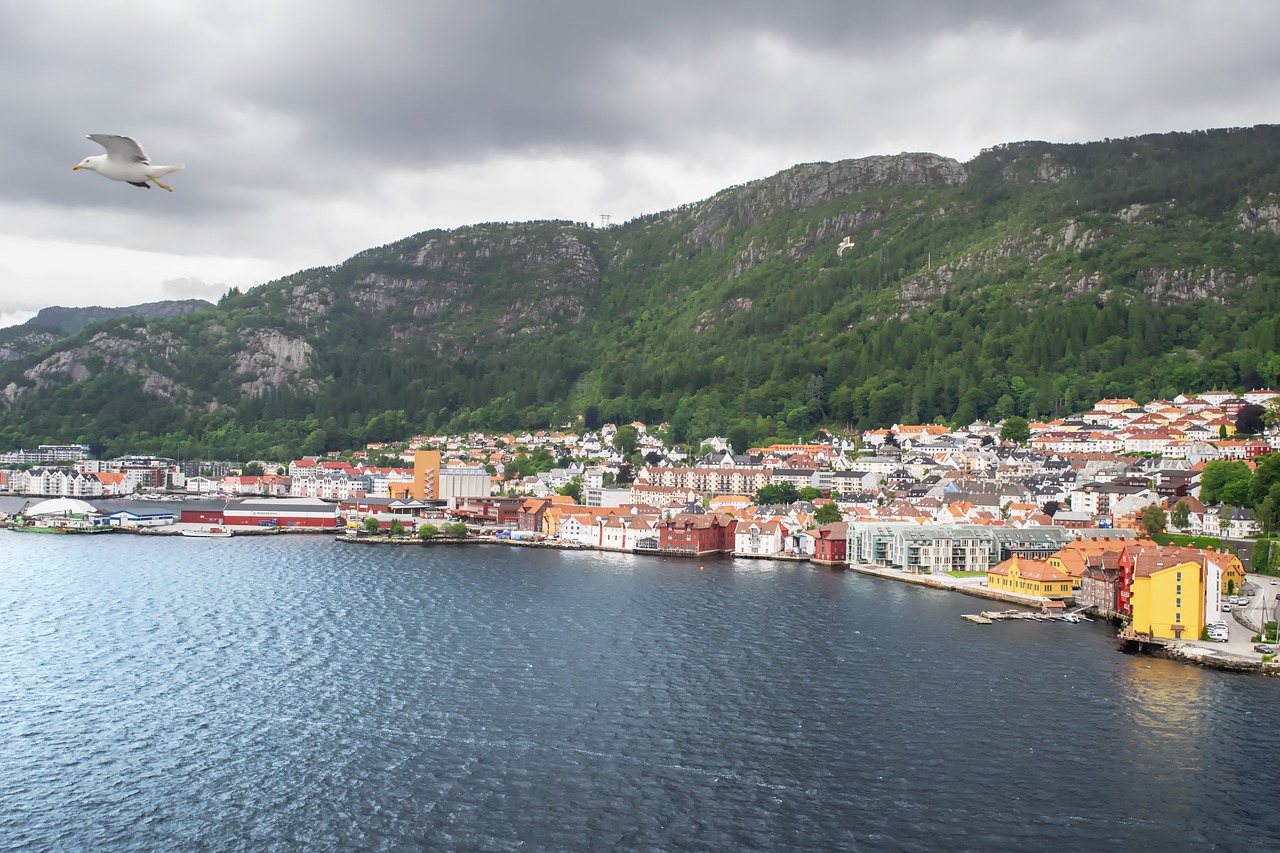Norway Video
Getting Around: Transportation Tips for Norway
Norway, known for its stunning landscapes and picturesque fjords, is a country best explored by embracing its excellent transportation options. Whether you’re planning to visit the vibrant cities or venture into the breathtaking countryside, understanding the transportation system in Norway is essential for a smooth and enjoyable journey. This article will provide you with detailed information and tips on how to navigate Norway’s transportation network efficiently.
Getting to Norway
Norway is well-connected to the rest of the world through its international airports. The main airports serving the country are Oslo Airport (OSL), Bergen Airport (BGO), and Trondheim Airport (TRD). These airports offer a wide range of international flights, making it convenient to reach Norway from various destinations around the globe.
- Oslo Airport (OSL): Located in Gardermoen, Oslo Airport is the primary international gateway to Norway. It is well-connected to major cities worldwide and serves as a hub for domestic flights.
- Bergen Airport (BGO): Situated in Flesland, Bergen Airport is the second busiest airport in Norway. It offers direct flights to several European cities and serves as a popular entry point for tourists visiting the western fjords.
- Trondheim Airport (TRD): Located in Værnes, Trondheim Airport serves as a convenient gateway for exploring the central and northern regions of Norway. It offers both domestic and international flights.
1. Public Transportation in Cities
Norway’s cities have efficient public transportation systems that include buses, trams, and metros. Here are some key points to keep in mind:
- Tickets: Purchase tickets in advance at kiosks, ticket machines, or through mobile apps. Make sure to validate your ticket before boarding.
- Oslo: The capital city has an extensive public transportation network, including trams, buses, and a metro system known as the T-bane.
- Bergen: Bergen has a reliable light rail system called Bybanen, which connects the city center with the surrounding neighborhoods.
- Trondheim: Trondheim offers buses and trams that cover most areas of the city. The trams are a great way to explore the city center.
Norway Image 1:

2. Renting a Car
Renting a car in Norway gives you the freedom to explore remote areas at your own pace. Consider the following when renting a car:
- Driving License: Carry a valid driving license from your home country or an International Driving Permit (IDP).
- Toll Roads: Norway has many toll roads, so be prepared to pay toll fees. Some rental cars come equipped with an electronic toll tag for convenient payment.
- Parking: Familiarize yourself with parking regulations in different cities. Most cities have designated parking zones and parking meters.
3. Trains
Norway’s railway system offers scenic journeys, especially on the famous Bergen Line and Flam Railway. Here’s what you need to know about train travel in Norway:
- NSB: The Norwegian State Railways (NSB) operates most of the train services in Norway. They offer comfortable and reliable connections between major cities.
- Reservations: For long-distance trains and popular routes, it’s advisable to make seat reservations in advance, especially during peak travel seasons.
- Bergen Line: The Bergen Line is one of the most scenic train routes in the world, taking you from Oslo to Bergen through stunning landscapes, including the Hardangervidda mountain plateau.
- Flam Railway: The Flam Railway is a breathtaking journey from Myrdal to Flam, offering panoramic views of waterfalls, mountains, and fjords.
Norway Image 2:

4. Ferries and Coastal Express
Norway’s extensive coastline is best explored by ferry or the famous Hurtigruten Coastal Express. Consider the following options:
- Ferries: Ferries are a popular mode of transportation for exploring the fjords and islands along the coast. They offer stunning views and connect various ports.
- Hurtigruten Coastal Express: The Hurtigruten Coastal Express is a unique cruise ferry service that travels along the Norwegian coast, providing an unforgettable experience with stops at various ports.
- Fjord Cruises: Many tour operators offer fjord cruises, allowing you to admire the majestic fjords up close and enjoy the beautiful scenery.
5. Bicycles
Exploring Norway by bicycle is a popular option, especially in cities and scenic areas. Here are some tips for cycling in Norway:
- Bike Rentals: Many cities offer bike rental services, allowing you to easily explore urban areas and enjoy cycling along designated paths.
- Cycling Routes: Norway has a vast network of cycling routes that cater to different skill levels. The Rallarvegen and the Atlantic Road are popular choices for cycling enthusiasts.
- Mountain Biking: Norway’s mountainous terrain offers excellent opportunities for mountain biking. There are numerous trails and bike parks suitable for various skill levels.
6. Air Travel
Air travel within Norway is an efficient way to cover long distances quickly. Consider the following options:
- Domestic Flights: Several airlines operate domestic flights, connecting major cities and remote regions. It’s advisable to book in advance, especially during peak travel seasons.
- Remote Destinations: If you’re planning to visit remote areas or the Svalbard archipelago, flying is often the only practical option.
Norway Image 3:

Conclusion
Navigating Norway’s transportation system can be an adventure in itself. Whether you choose to explore the cities using public transportation, embark on scenic train journeys, or cruise along the breathtaking coastline, Norway offers a variety of transportation options to suit every traveler’s preferences. Remember to plan ahead, book tickets in advance when necessary, and embrace the beauty of Norway’s landscapes as you travel.
References
– Visit Norway: www.visitnorway.com
– Norwegian State Railways (NSB): www.nsb.no
– Hurtigruten Coastal Express: www.hurtigruten.com
– Oslo Airport: www.osl.no
– Bergen Airport: www.avinor.no/en/airport/bergen-airport
– Trondheim Airport: www.avinor.no/en/airport/trondheim-airport


